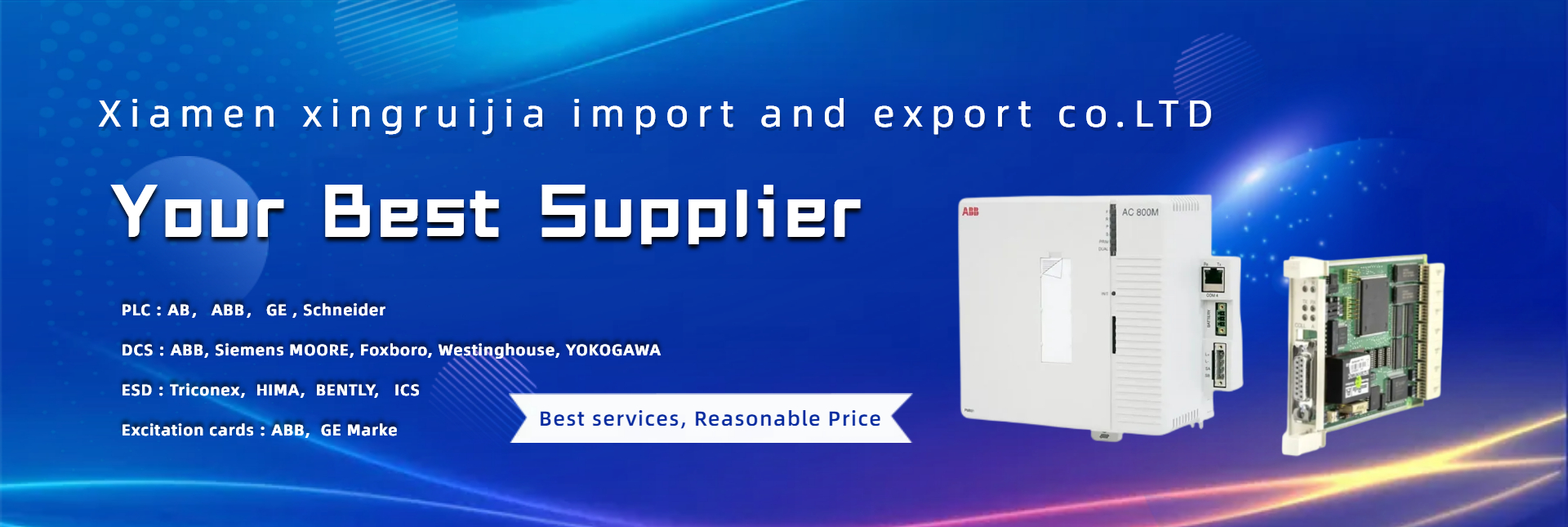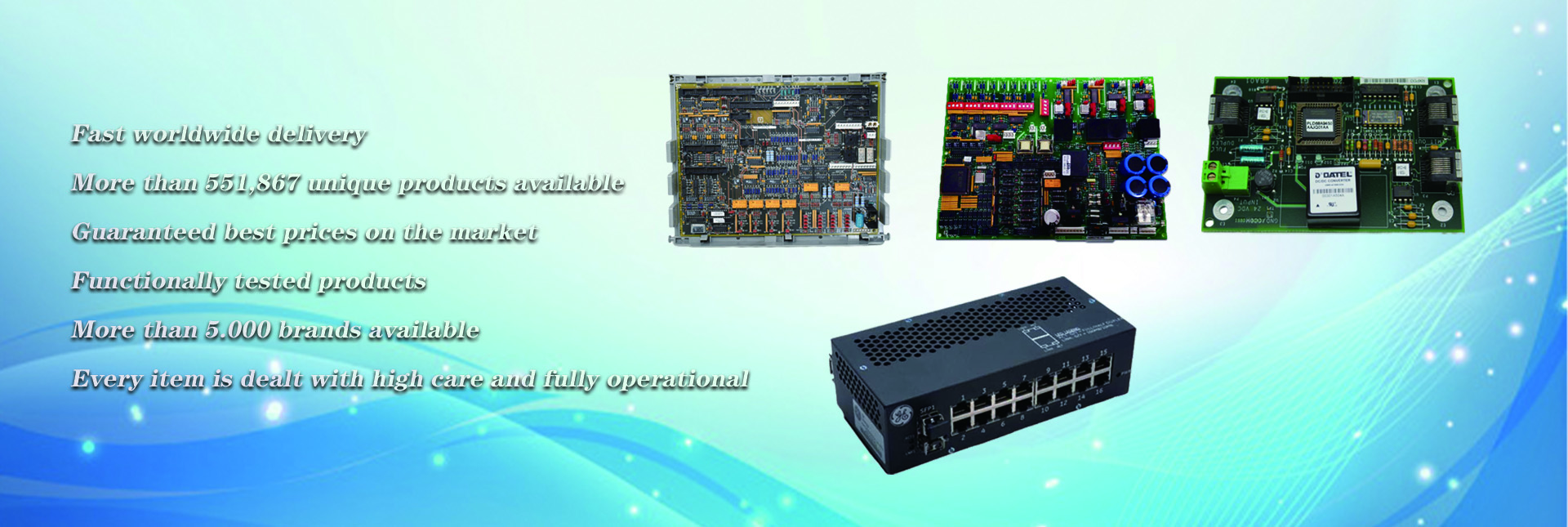Sensors are detection devices that can sense the measured information and can transform the sensed information into electrical signals or other required forms of information output according to certain laws to meet the requirements of information transmission, processing, storage, display, recording and control.
Sensors have a wide range of applications, including industrial, agricultural, medical, military, transportation, environmental and other fields. In the industrial field, sensors are used for automated control of production processes, such as temperature sensors for controlling the production temperature and pressure sensors for controlling the production pressure. In the field of agriculture, sensors are used for crop monitoring, such as temperature sensors for monitoring crop growth temperature, humidity sensors for monitoring crop growth humidity. In the medical field, sensors are used for medical diagnosis and treatment, such as cardiac sensors for monitoring heart health, blood glucose sensors for monitoring blood sugar levels, etc. In the military field, sensors are used for the control and navigation of weapon systems, such as radar sensors for target detection and infrared sensors for target identification. In the transportation field, sensors are used for traffic safety and management, such as camera sensors for traffic monitoring and radar sensors for autonomous driving. In the environmental field, sensors are used for environmental monitoring, such as air quality sensors for monitoring air quality, water quality sensors for monitoring water quality and so on.
There are many types of sensors, which can be categorized according to the physical quantity to be measured, working principle, structural form and so on. According to the measured physical quantities, the sensor can be divided into temperature sensors, pressure sensors, speed sensors, acceleration sensors, displacement sensors, force sensors, power sensors, optical sensors, magnetic sensors, chemical sensors and so on. According to the working principle, sensors can be divided into inductive sensors, resistive sensors, photoelectric sensors, magnetic sensors, thermal sensors, force sensors, capacitive sensors, acoustic sensors and so on. According to the form of structure, sensors can be divided into contact sensors, non-contact sensors, intelligent sensors and so on.
The development of sensor technology has had a significant impact on the development of human society. The application of sensors makes our life more convenient, safe and comfortable. With the continuous progress of science and technology, sensor technology will be more widely used and make greater contributions to the development of human society.
The following are some examples of common sensor applications:
Temperature sensors: used in household appliances, industrial production, medical diagnosis and other fields.
Pressure sensors: used in automotive, aerospace, industrial production and other fields.
Speed sensors: used in automotive, aerospace, industrial production, etc.
Acceleration sensors: used in automotive, aerospace, industrial production and other fields.
Displacement sensors: used in industrial production, medical diagnostics and other fields.
Force sensors: used in industrial production, medical diagnosis and other fields.
Electricity sensors: used in industrial production, medical diagnosis and other fields.
Optical sensors: used in industrial production, medical diagnosis, security monitoring and other fields.
Magnetic sensors: used in automotive, aerospace, industrial production and other fields.
Chemical sensors: used in environmental monitoring, industrial production and other fields.
Post time: Nov-15-2023


